In UK, Starbucks ranks tops, though still not great, in CSR
 The UK coffee‐shop industry is failing to communicate a basic standard of corporate responsibility reporting, scoring badly on the CleanAnalysis Navigator Maturity Model™.
The UK coffee‐shop industry is failing to communicate a basic standard of corporate responsibility reporting, scoring badly on the CleanAnalysis Navigator Maturity Model™.
Analyst and consultancy group CleanAnalysis’s “Bitter or Sweet” report places Starbucks ahead of Caffè Nero and Costa, in both the consumer perception and the environmental reporting leagues. Some 49 per cent of sustainability professionals polled via Greenbang believe Starbucks to be the greenest of the three brands. Caffè Nero came second (27.5 per cent) with Costa in third place (23.5 per cent). Interestingly, Caffè Nero, a private company, has no CSR report.
CleanAnalysis, part of Greenbang.com, provides independent reporting, research and senior‐level consulting programmes for executives, corporate responsibility officers, investment houses, the media, public sector organisations, low‐carbon‐industry professionals and environmental services firms.
From coffee bean to mug, it takes 53 gallons of water to make a cafe latte. The CleanAnalysis report, “Bitter or Sweet: How the UK’s coffee shops communicate sustainability,” analyses the high street coffee shop industry’s efforts at communicating sustainability and measures them on an industry performance benchmark — the CleanAnalysis Navigator Maturity Model™.
- Starbucks was found to be the strongest of the three in all three areas: consumer perception, emphasis on sustainability in online marketing, and in environmental reporting. However it provided no UK breakdown of its carbon footprint.
- Caffè Nero published no CSR report, nor did it make strong mention of sustainability its website, yet the survey showed people think it is more sustainable than Costa. It did not respond to email and phone requests for data.
- Costa fared someway better in operational reporting, although it failed to reply to requests for information. Its sustainability data was non‐transparent as it was published in the CSR report of holding company Whitbread. Its brand was regarded as the least sustainable of its UK competitors (23.5 per cent).
Most industry emphasis in online marketing of sustainability came from Starbucks, which frequently mentioned “ethics” and “responsibility.” Over the entire industry, there were few mentions of waste, carbon and recycling.
Dan Ilett, senior analyst for CleanAnalysis said, “We’re already seeing growing environmental awareness among consumers, and in time they will demand more transparency from the people they buy from. These companies are all battling for a differentiator in the market. Stronger sustainability credentials could do that as there’s a clear gap for a company to take that position.
“Most of these stores’ products have a useful lifecycle of less than one hour and if they are making progress in their sustainability efforts, they need to communicate this in an appropriate and gradual way. To suddenly splash ‘green’ branding across their stores will look suspicious so communicating green credentials needs to be done with care and with the approval of customers.”




